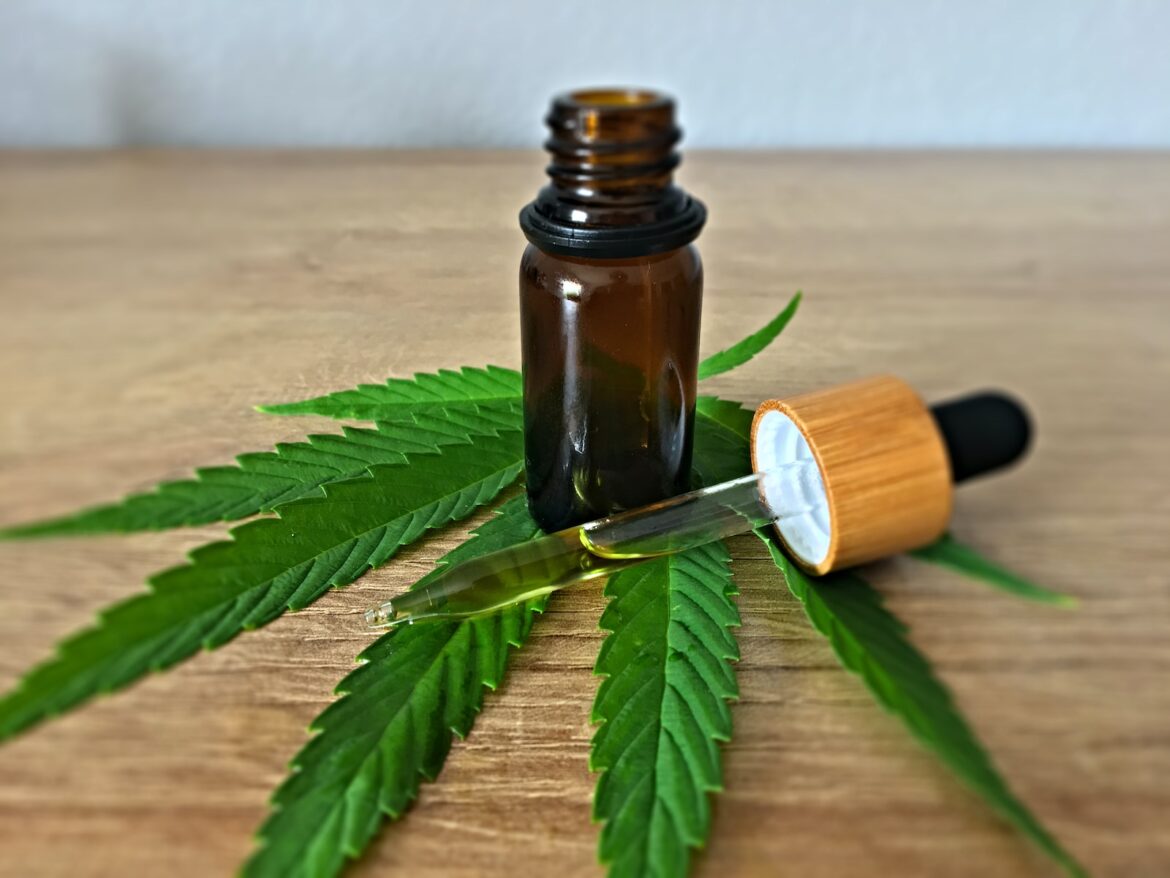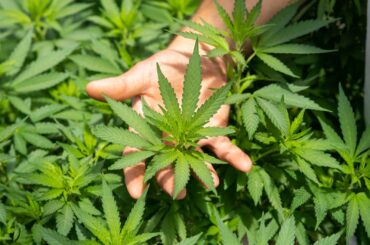Dealing with diarrhea can be both embarrassing and concerning, especially for older individuals who are more prone to such complaints. It is vital for seniors considering CBD oil to be aware of the potential side effects associated with this cannabinoid.
Interestingly, diarrhea is one of the commonly reported reactions to CBD oil. While most healthy adults do not experience side effects when taking CBD, it is important to recognize that not everyone reacts to hemp in the same way. Equipping yourself with knowledge about the “worst-case scenario” will enable you to respond safely and effectively when trying CBD products.
Does CBD Really Trigger Diarrhea and Digestive Issues?
Paradoxically, many people turn to CBD to alleviate digestive problems, including irritable bowel syndrome and poor appetite. For some patients, the anti-anxiety and anti-inflammatory properties of CBD can help soothe their stomach, relieve nausea, and even stimulate appetite.
However, it is not uncommon for new users to report experiencing diarrhea a few hours after taking CBD oil. So, what is the explanation behind this seemingly contradictory effect?
According to many experts in the CBD community, CBD may not be the primary cause of these digestive complaints. It is important to note that manufacturers mix CBD with a carrier oil to facilitate transmission and absorption. Therefore, individuals may be reacting adversely to the carrier oil used in their CBD extract.
For example, there is some data suggesting that coconut-derived MCT oil could have a laxative effect on certain patients. People following a ketogenic diet are already aware that higher doses of MCT oil can lead to stomach cramps and diarrhea.
Another factor to consider is the quality of the CBD oil you are using. It is crucial to remember that the hemp industry is not regulated by the FDA, which means there is a risk of consuming low-quality CBD products containing heavy metals or other toxins. Therefore, it is imperative to choose a reputable brand that provides third-party lab results.
Lastly, CBD dosage plays a significant role in potential side effects. Taking excessive amounts of CBD increases the likelihood of experiencing adverse reactions like diarrhea. It is advisable to start with a small dose of CBD oil and gradually increase it over time.
Determining the Cause of CBD-Related Digestive Issues
If you experience any unpleasant side effects after using CBD oil, it is important to discontinue use immediately. Diarrhea can lead to dehydration, so focus on rehydrating with purified water or electrolyte packets. Do not resume using CBD oil until all negative symptoms have subsided.
When you decide to reintroduce CBD oil, start with a lower dose and carefully observe your body’s response. If you experience the same discomforting reaction, it may be worth trying a different CBD product.
Feeling Unwell After CBD? Consult a Medical Professional!
If you encounter adverse reactions to any CBD oil, it is crucial to stop using it and consult a physician. Additionally, keep in mind that CBD oil can interact with prescription medications. If you are taking any over-the-counter or doctor-approved medications, it is important to seek a doctor’s approval before using CBD. These interactions can sometimes lead to digestive distress or other adverse reactions.
By staying informed and consulting with medical experts, you can navigate the potential side effects of CBD oil and make informed decisions about your health and well-being.



